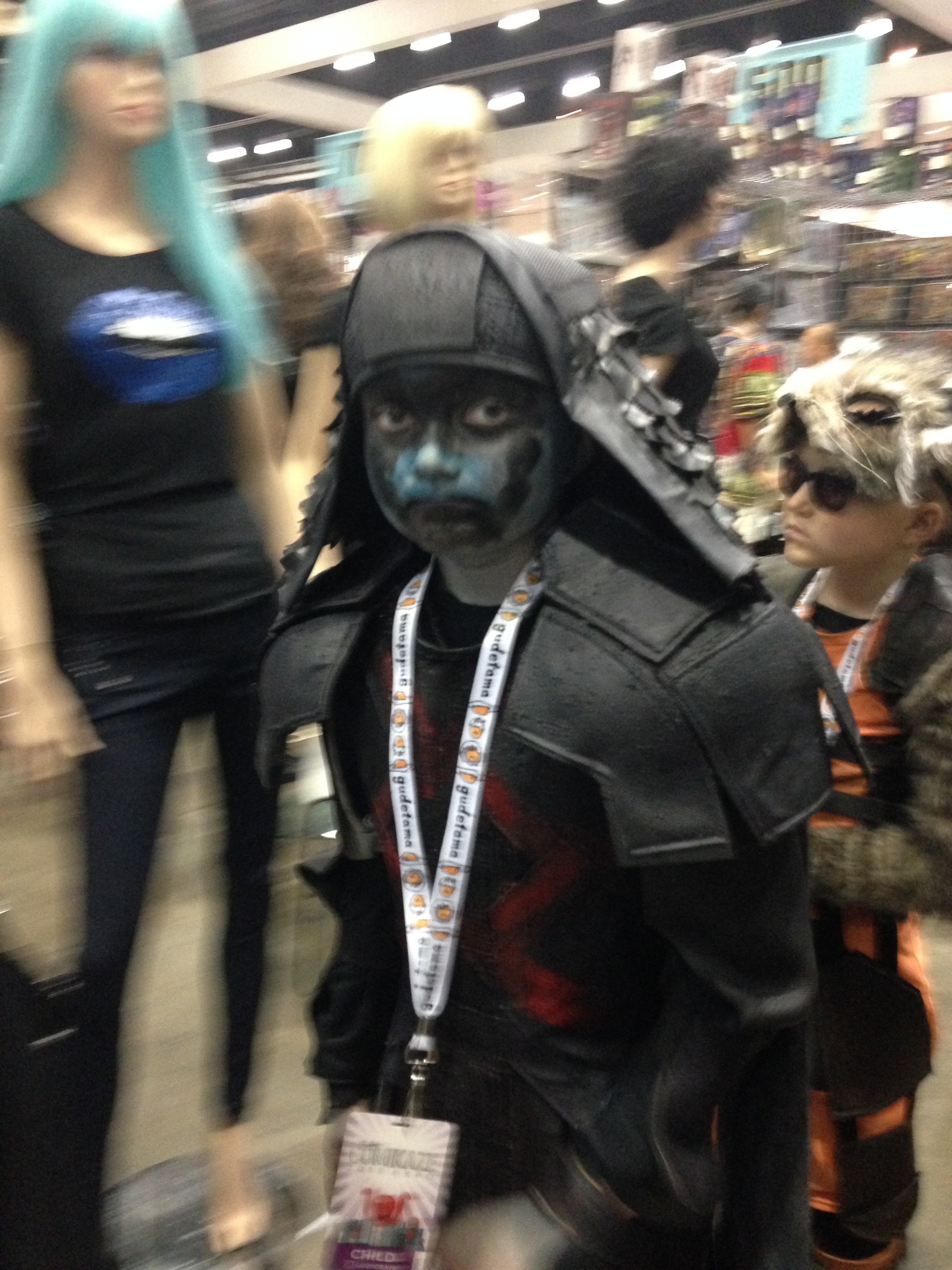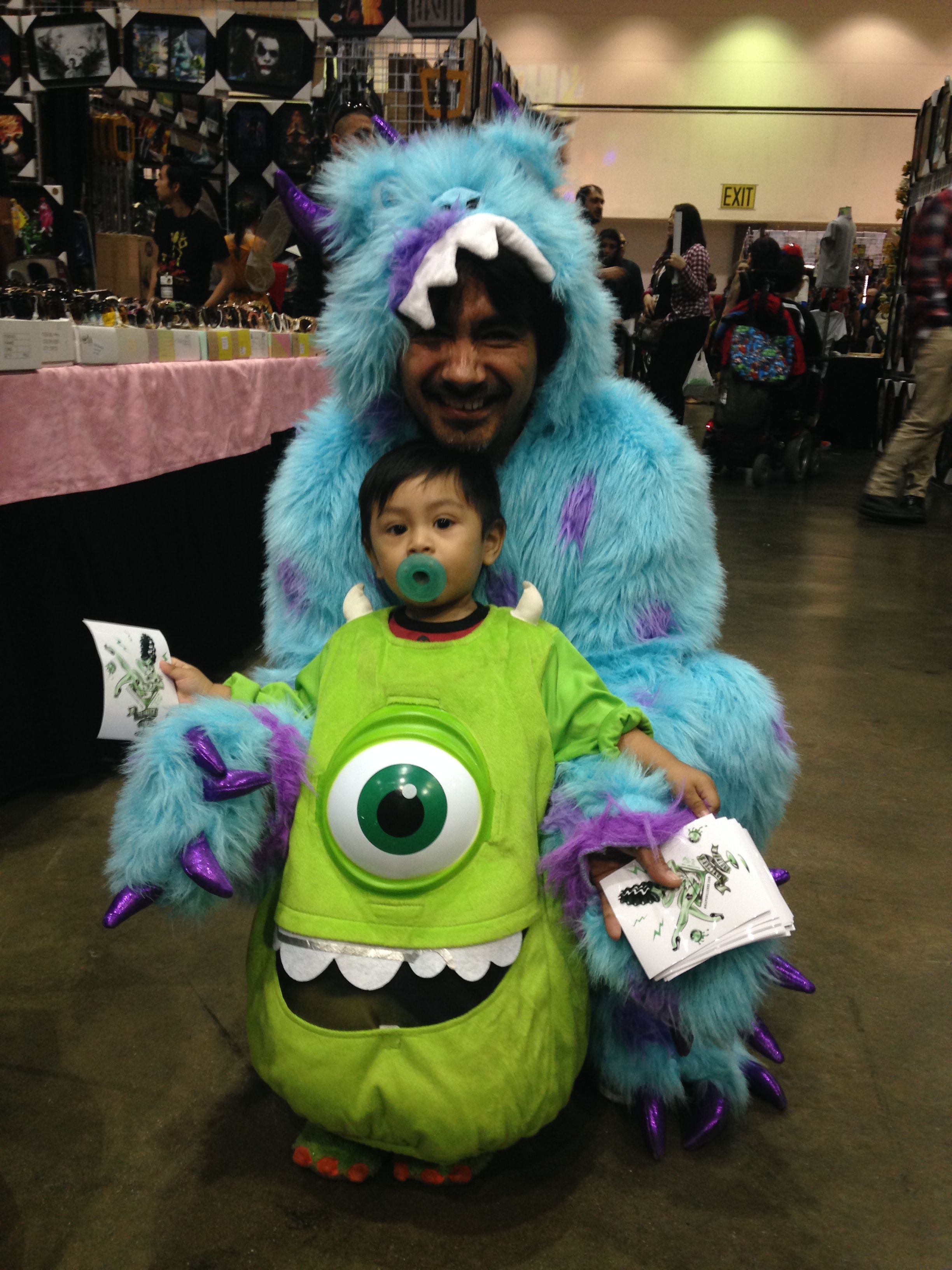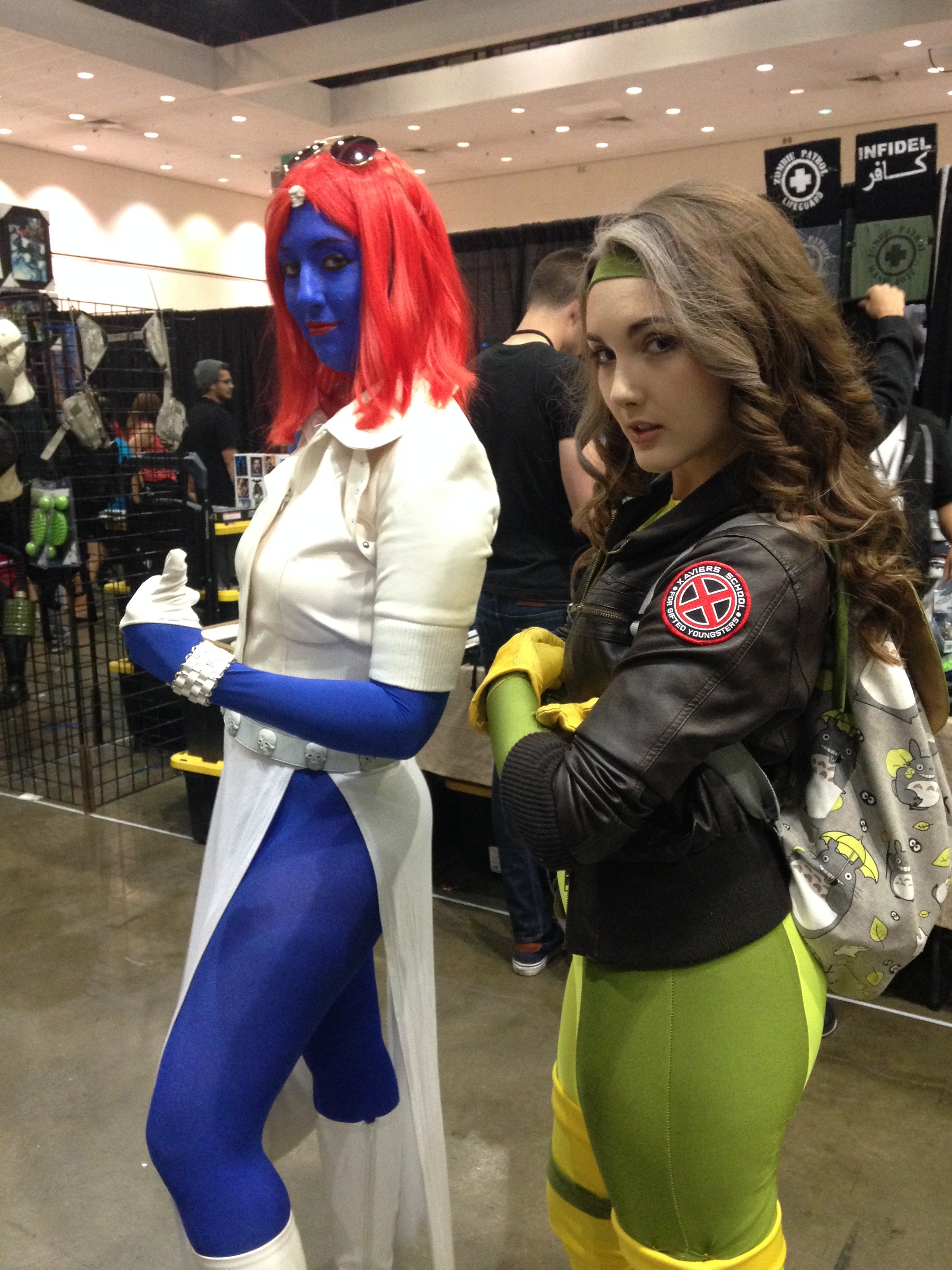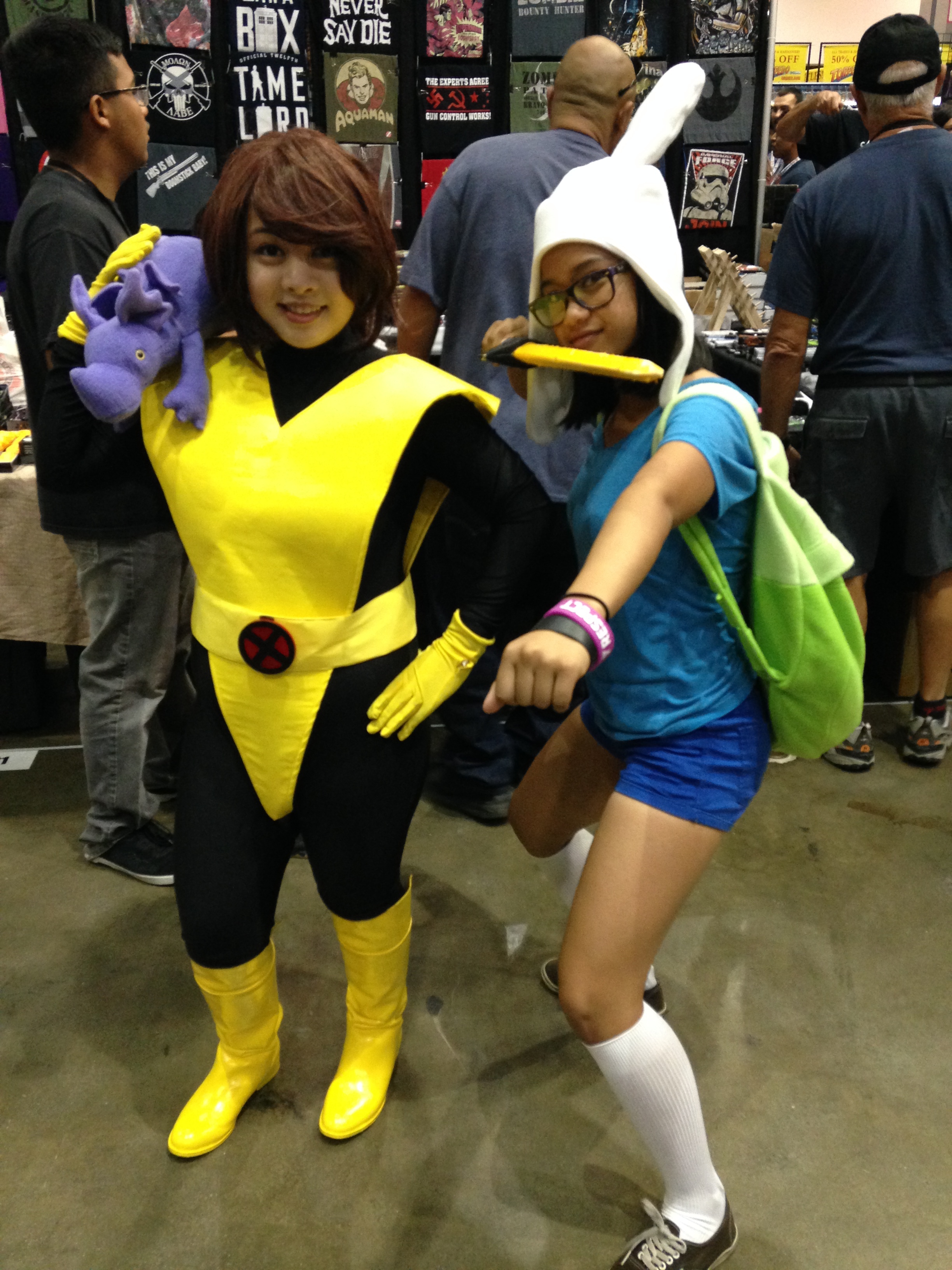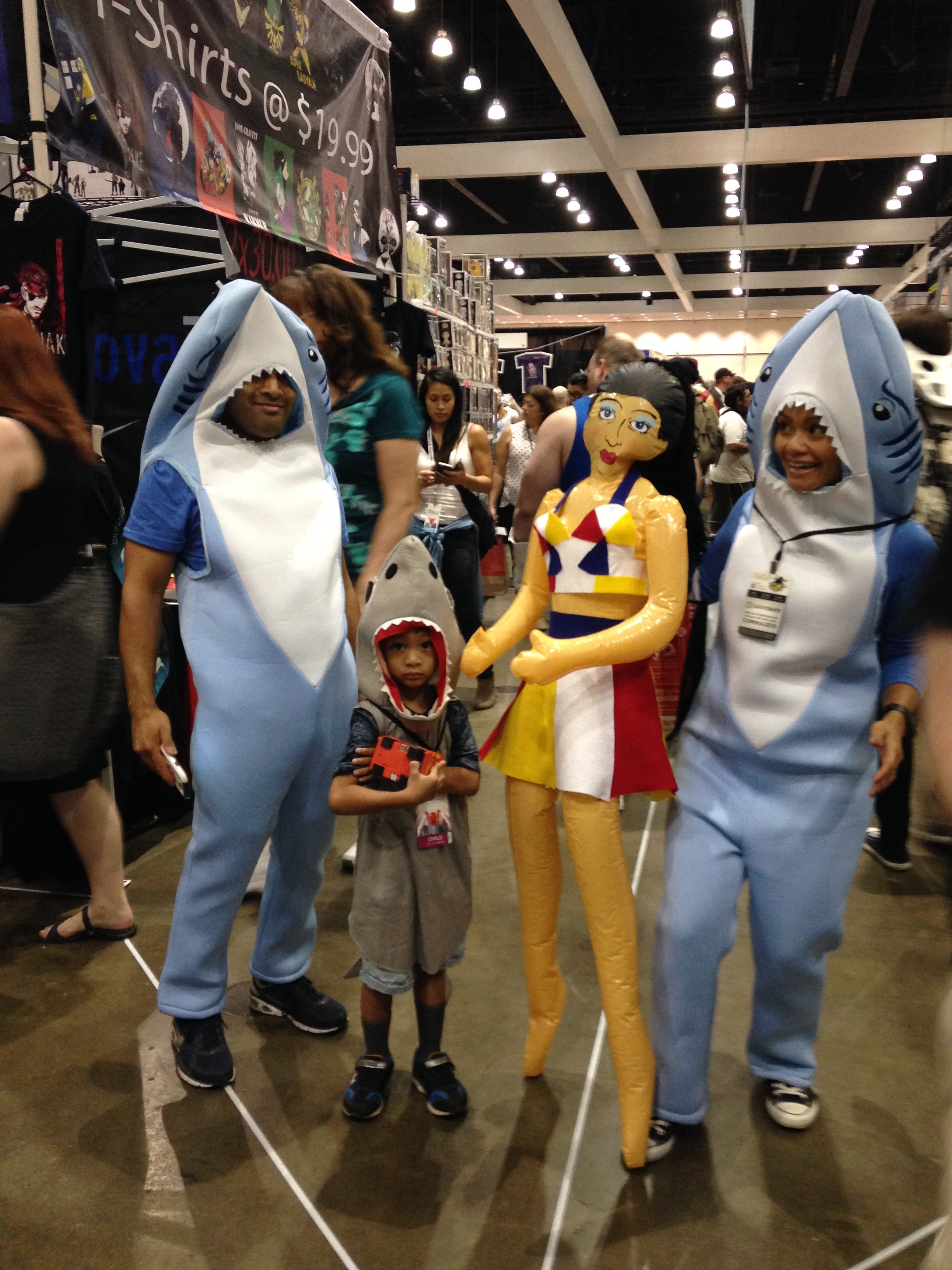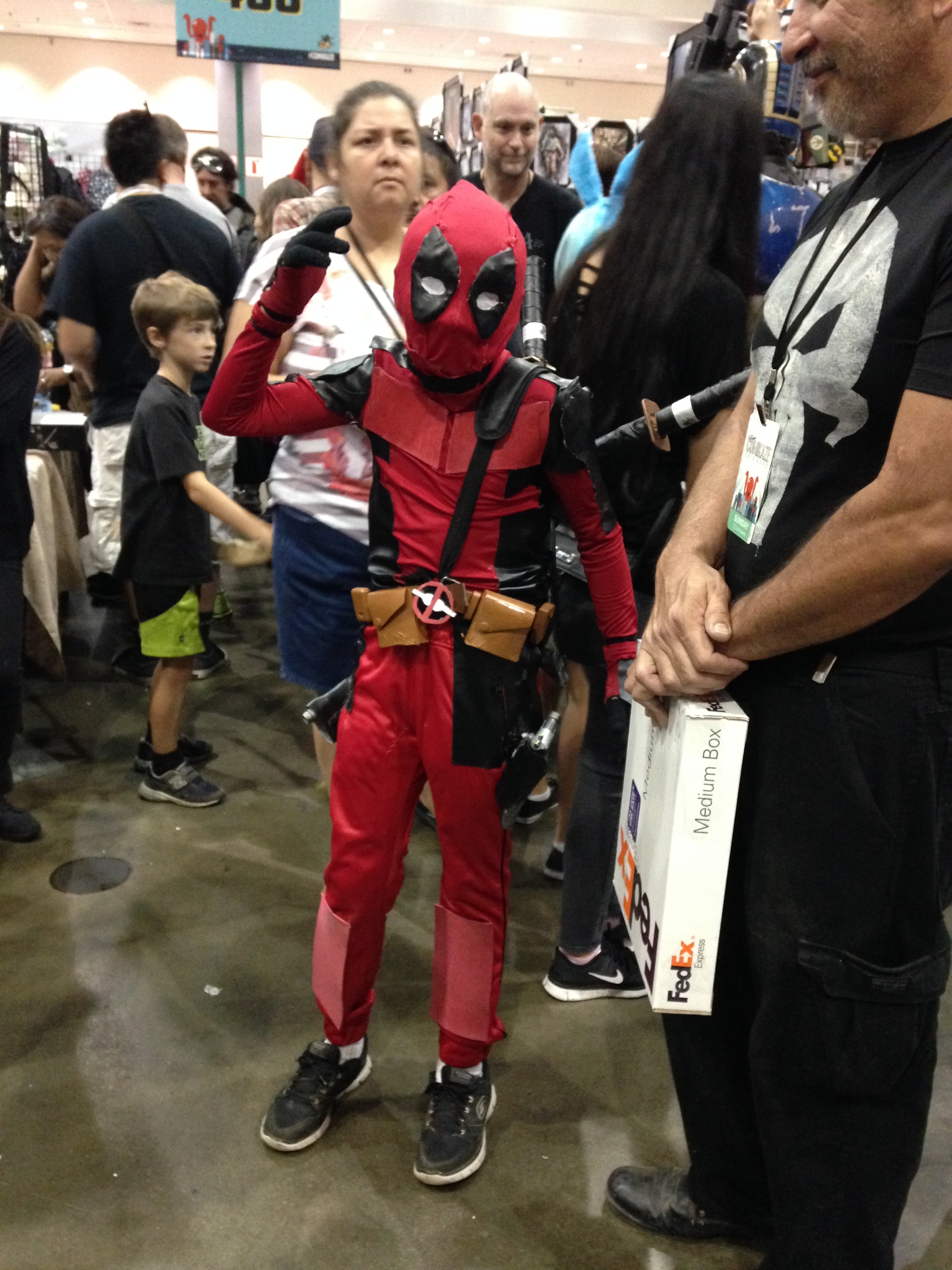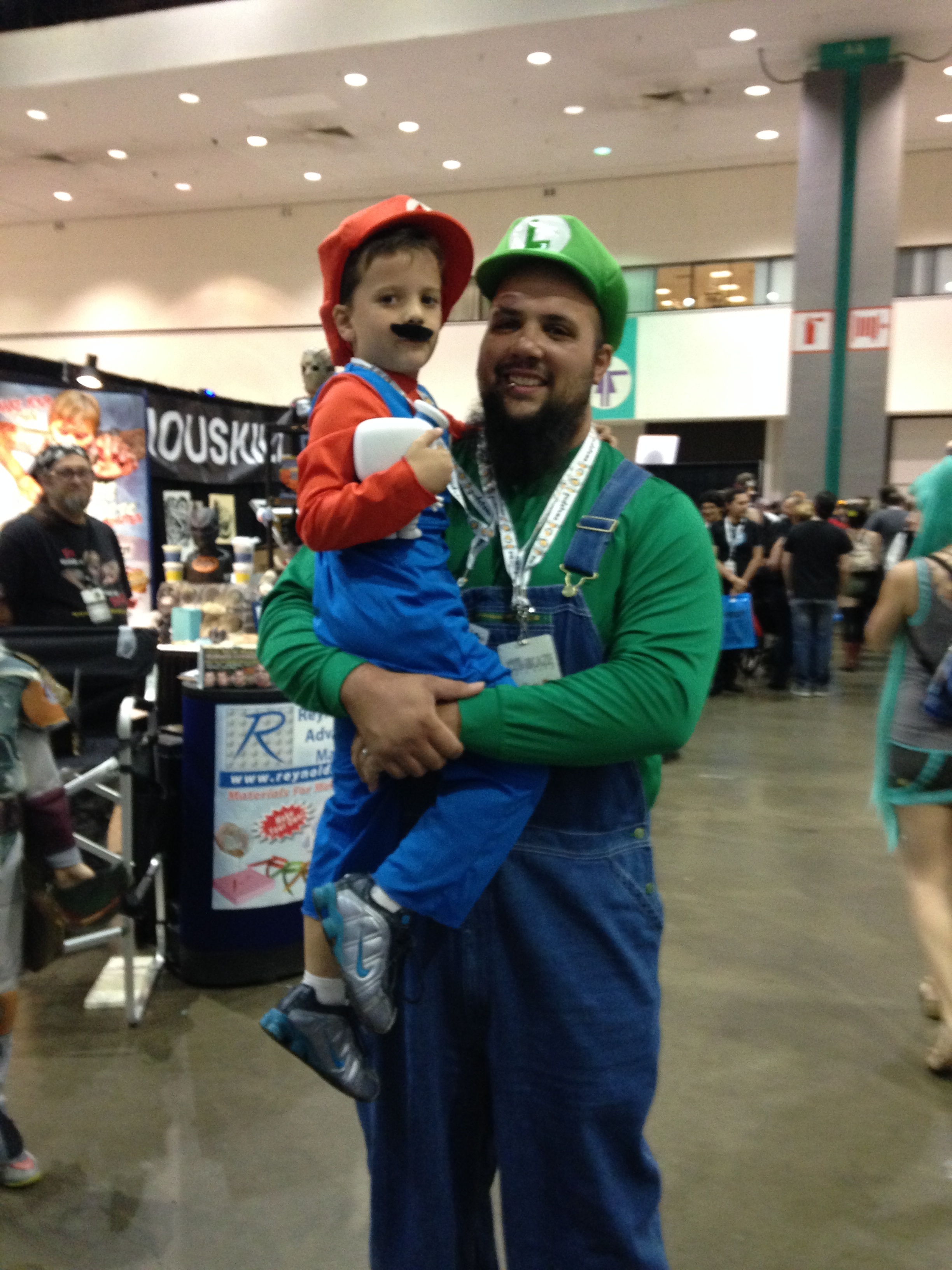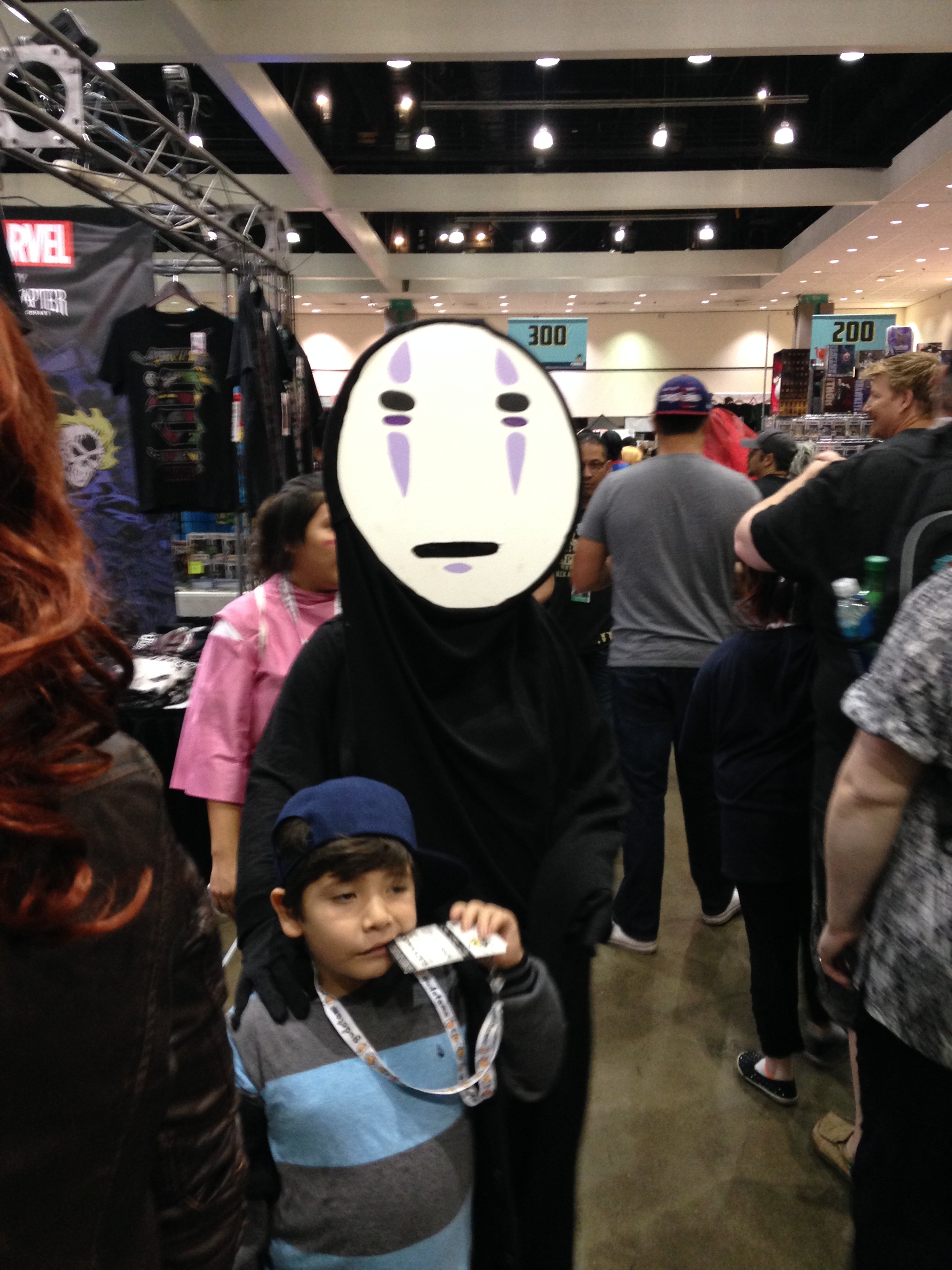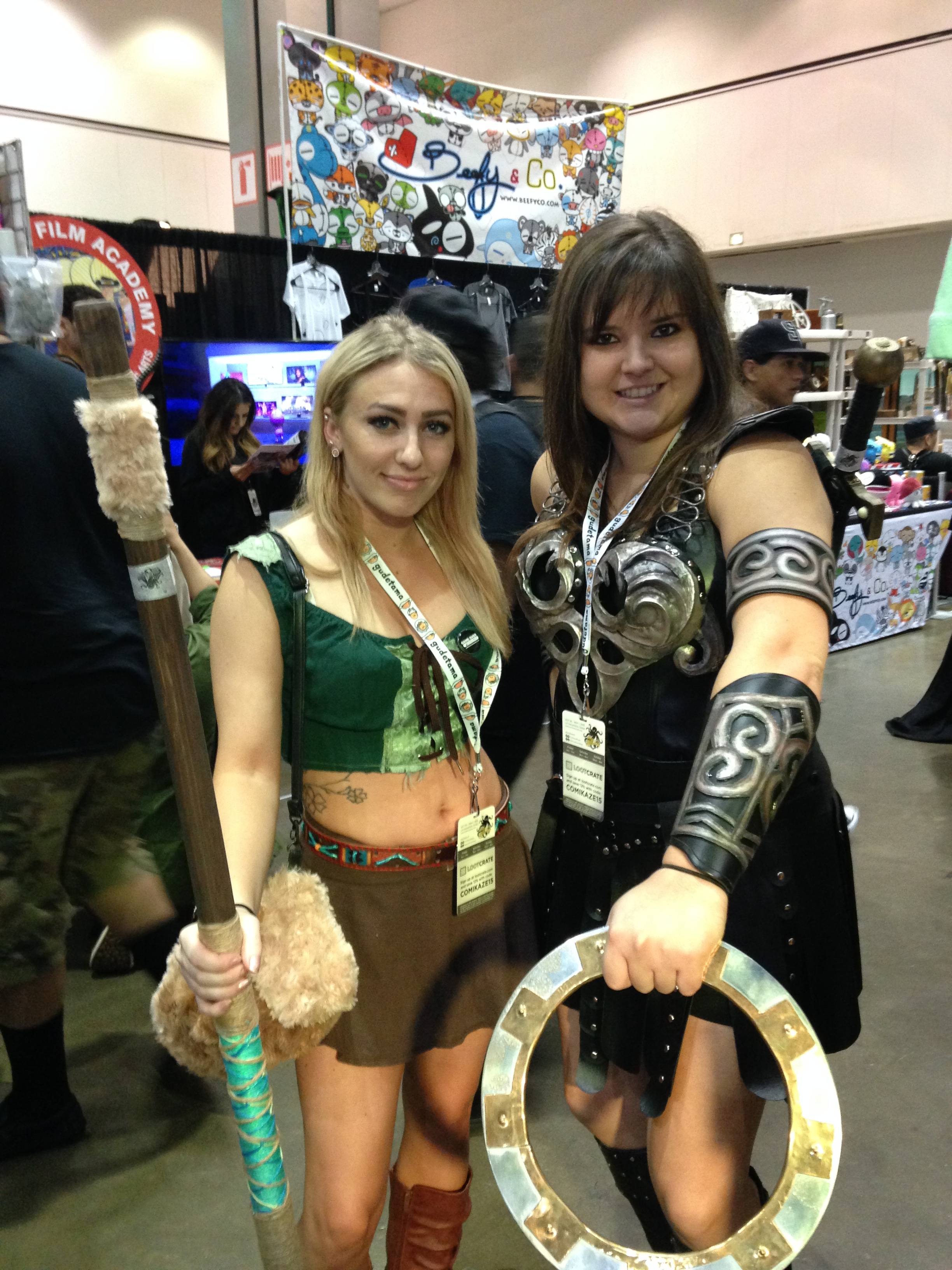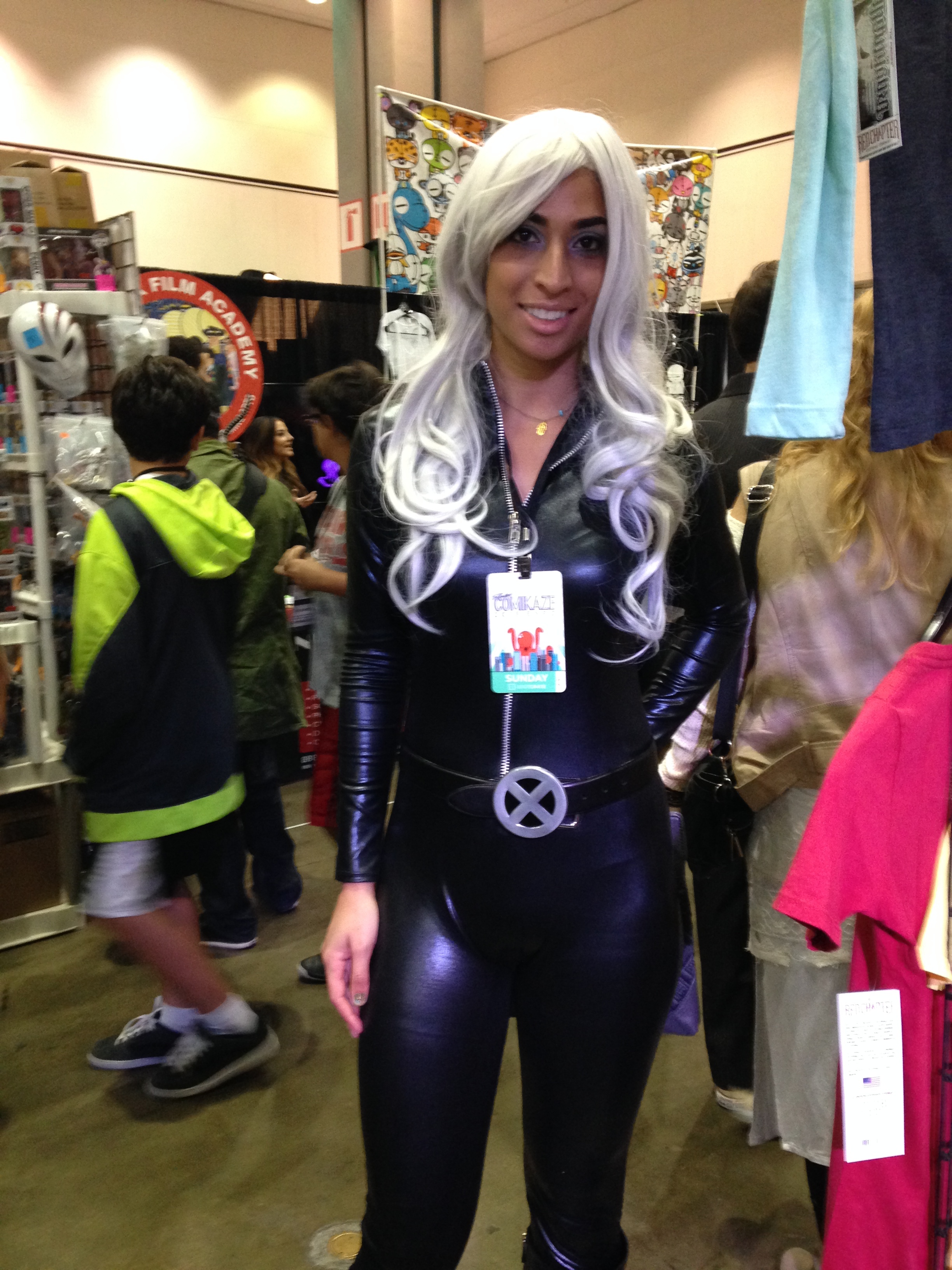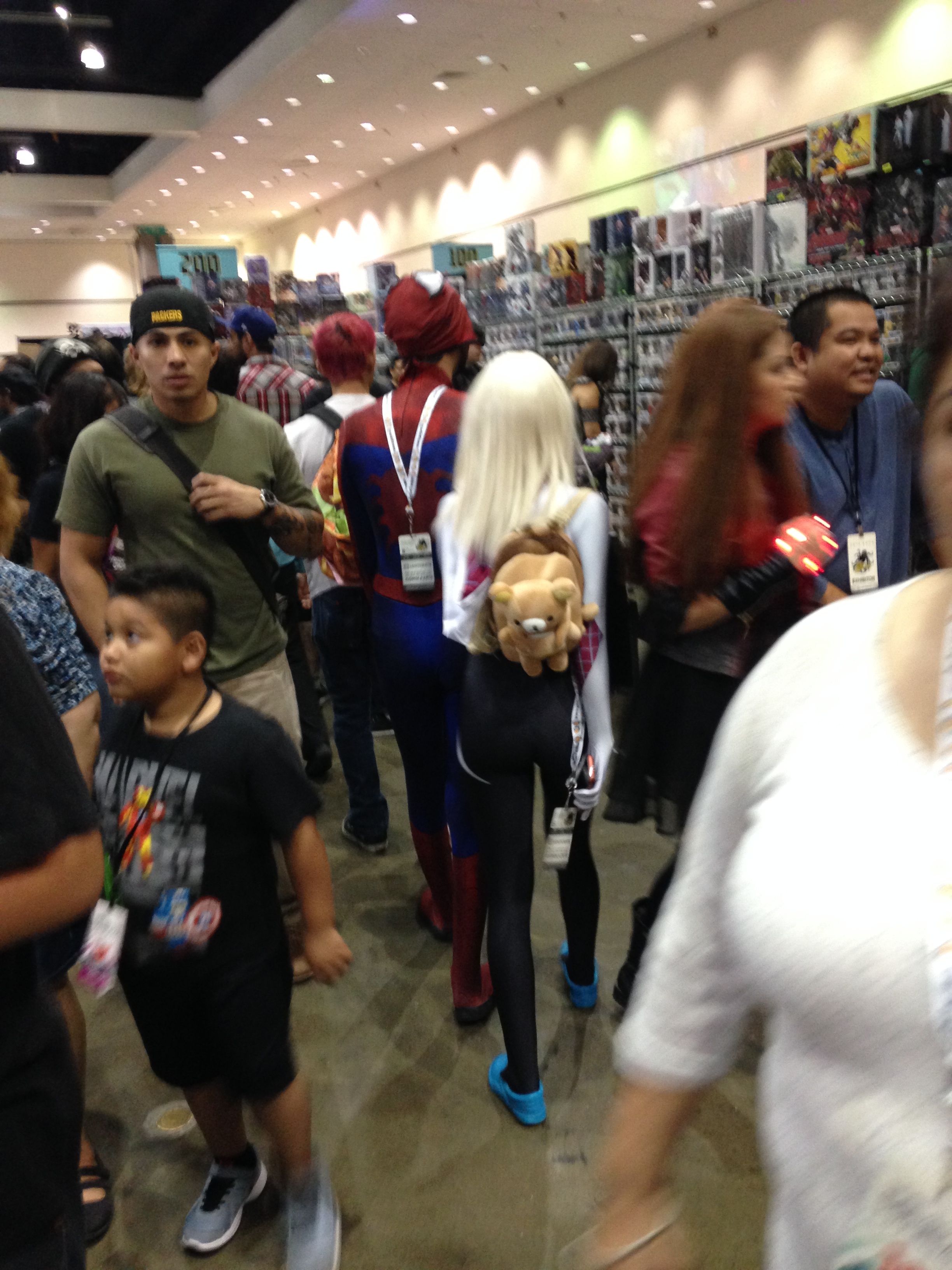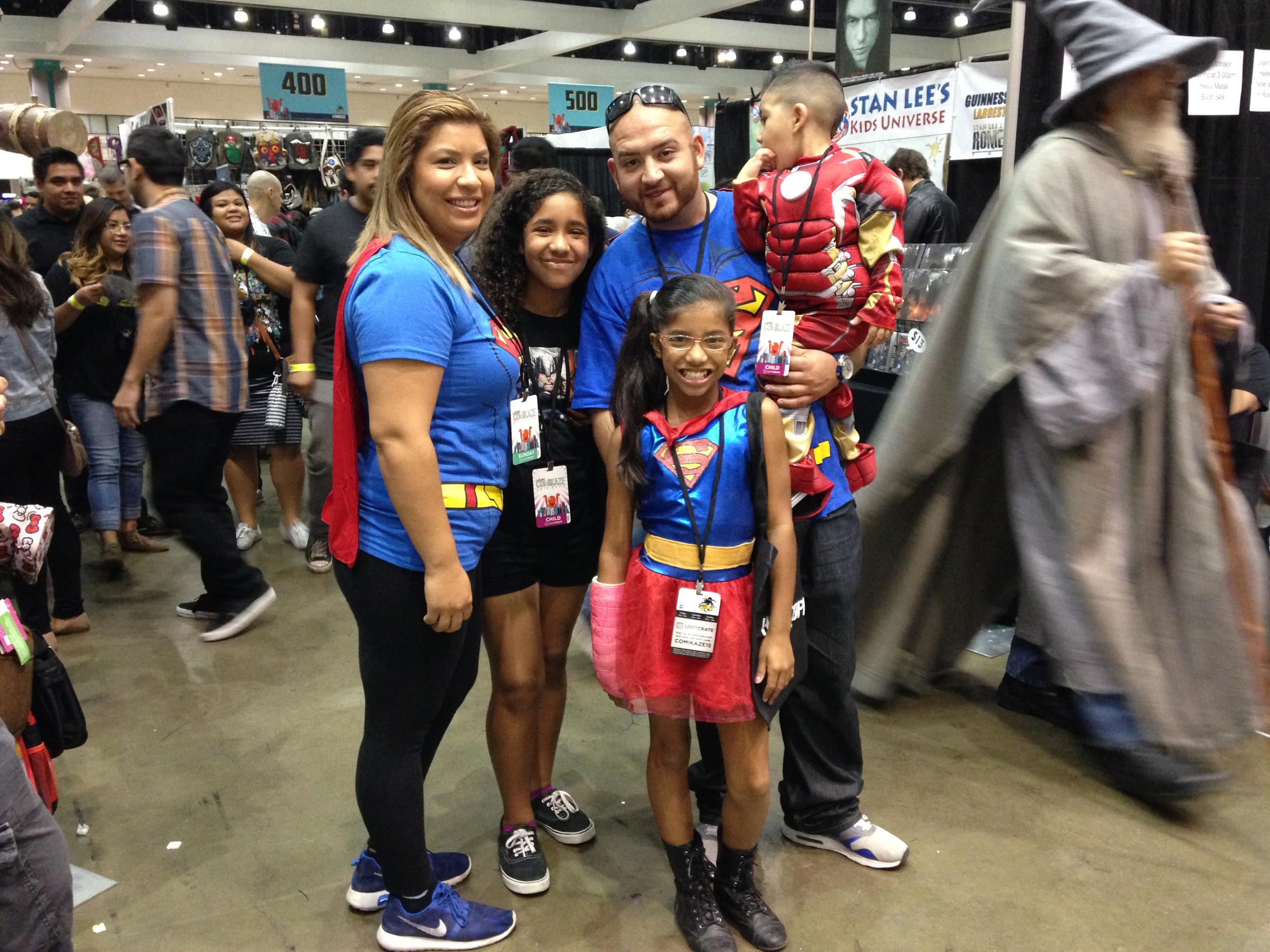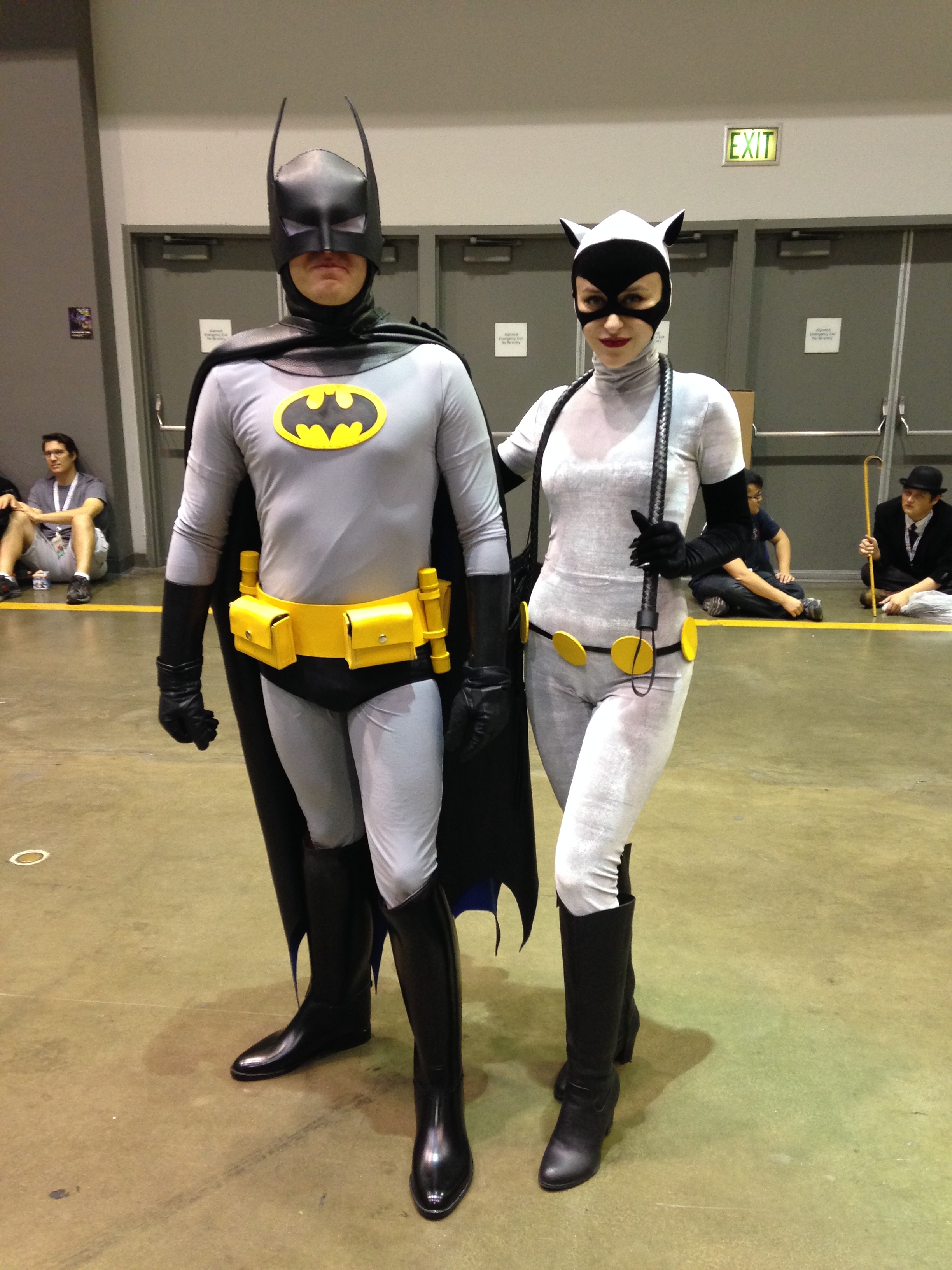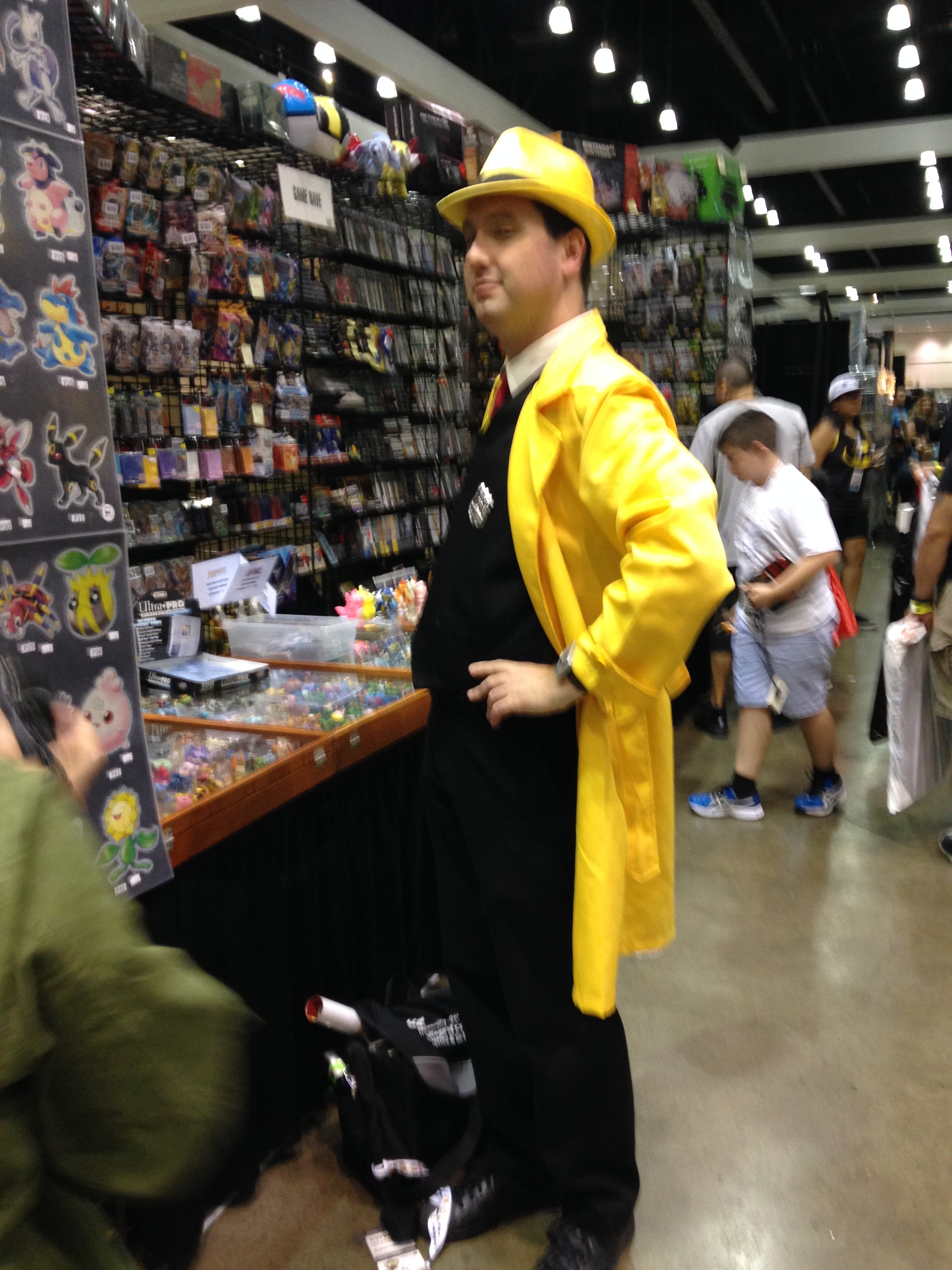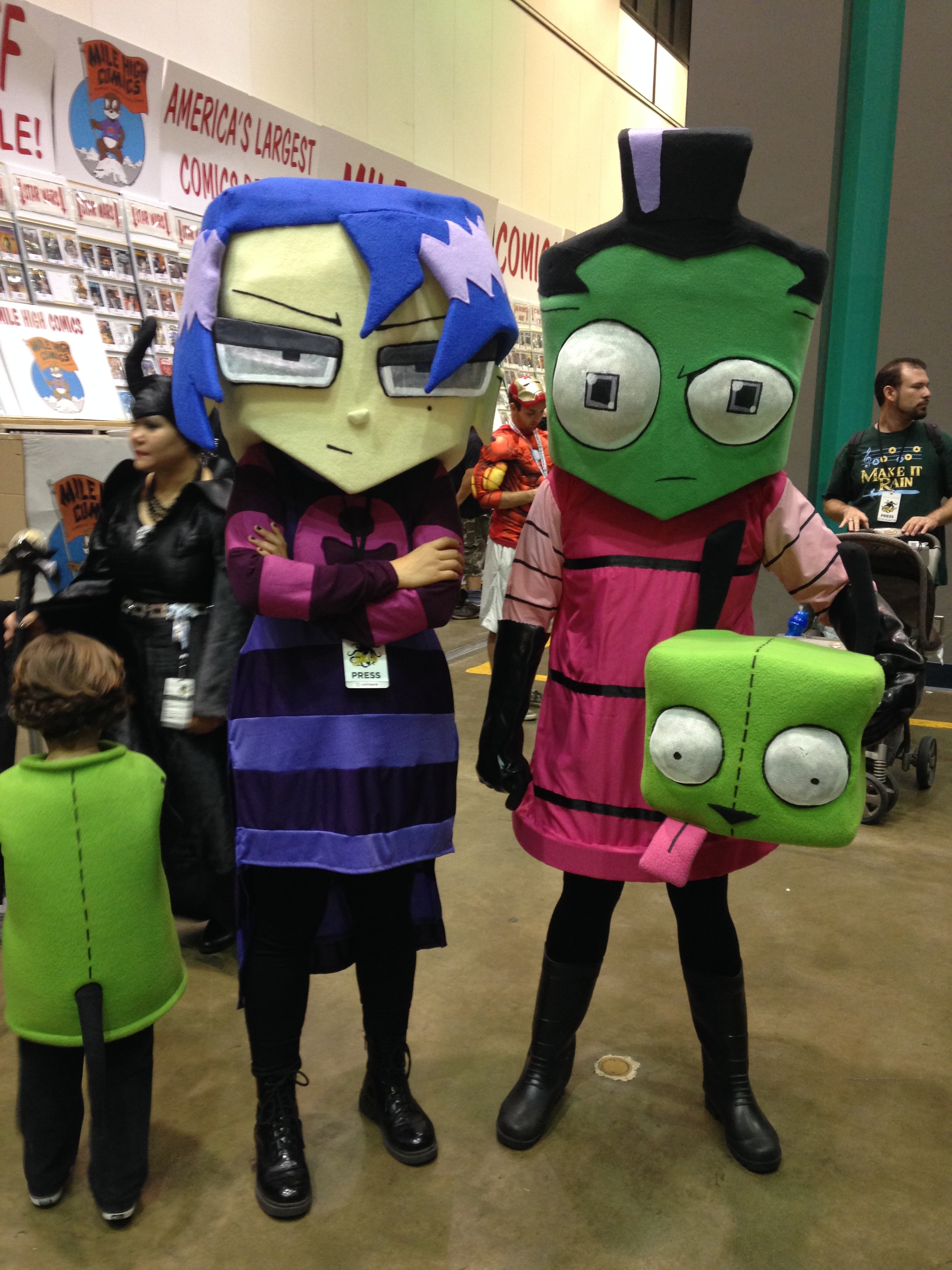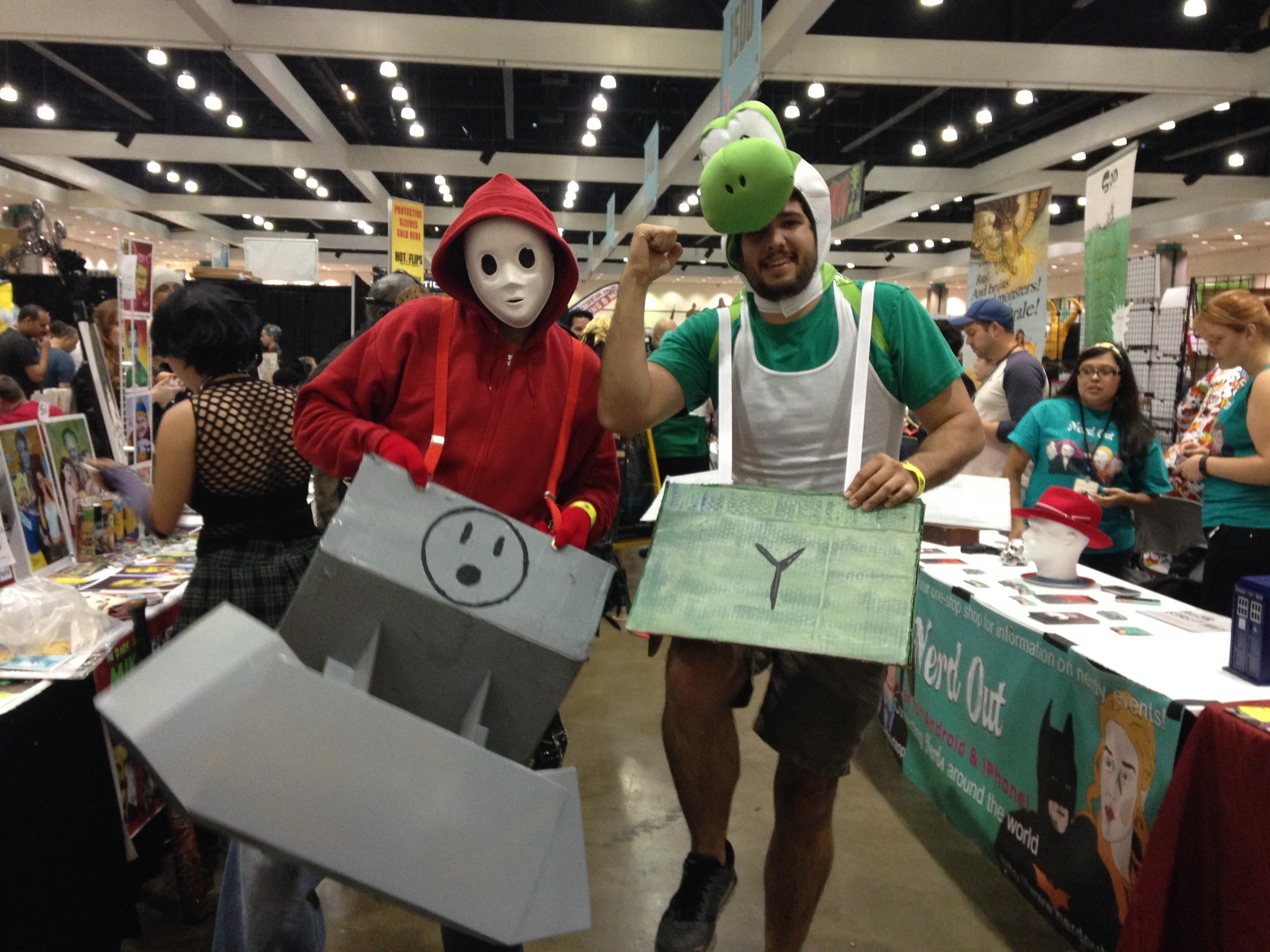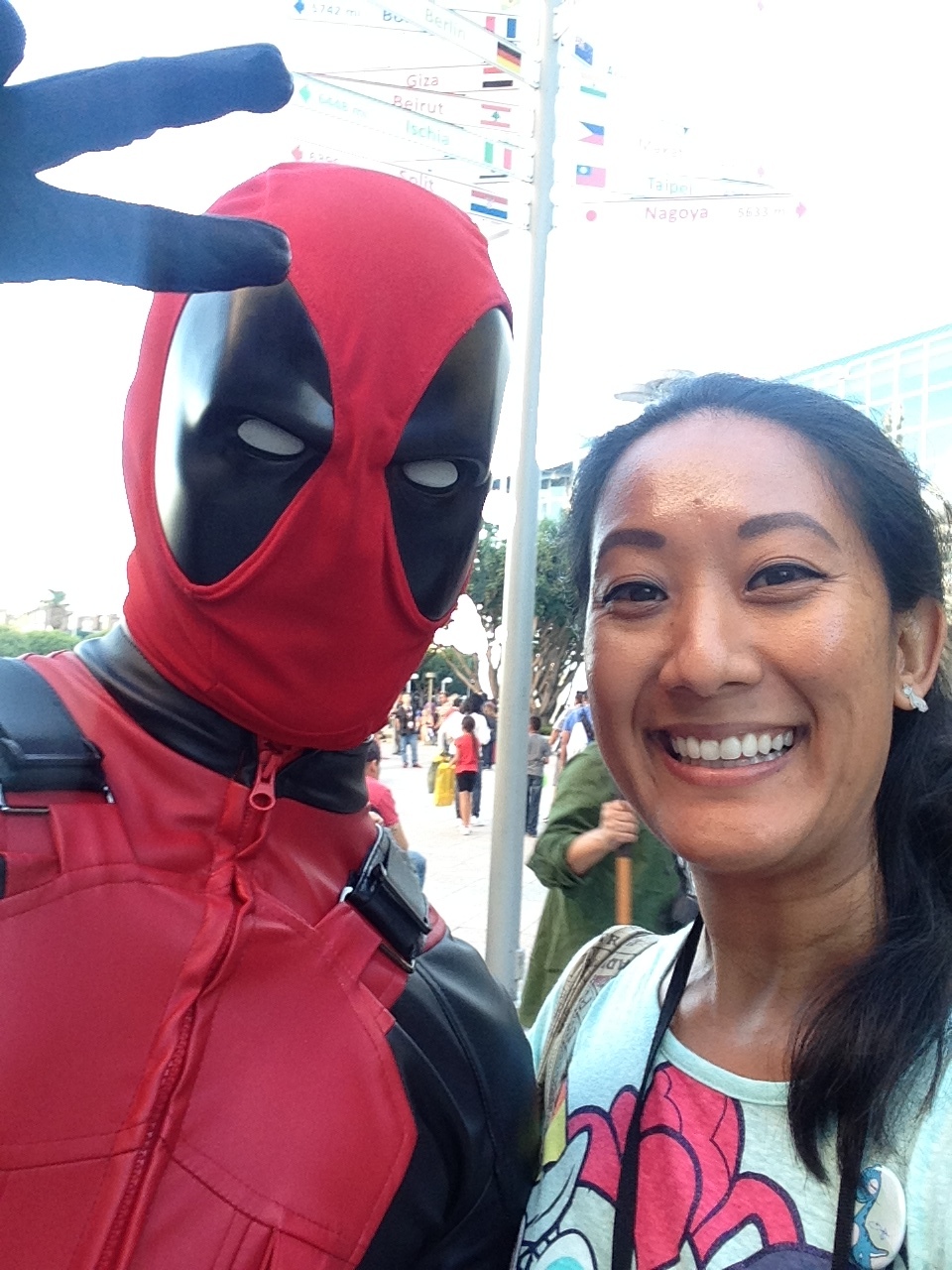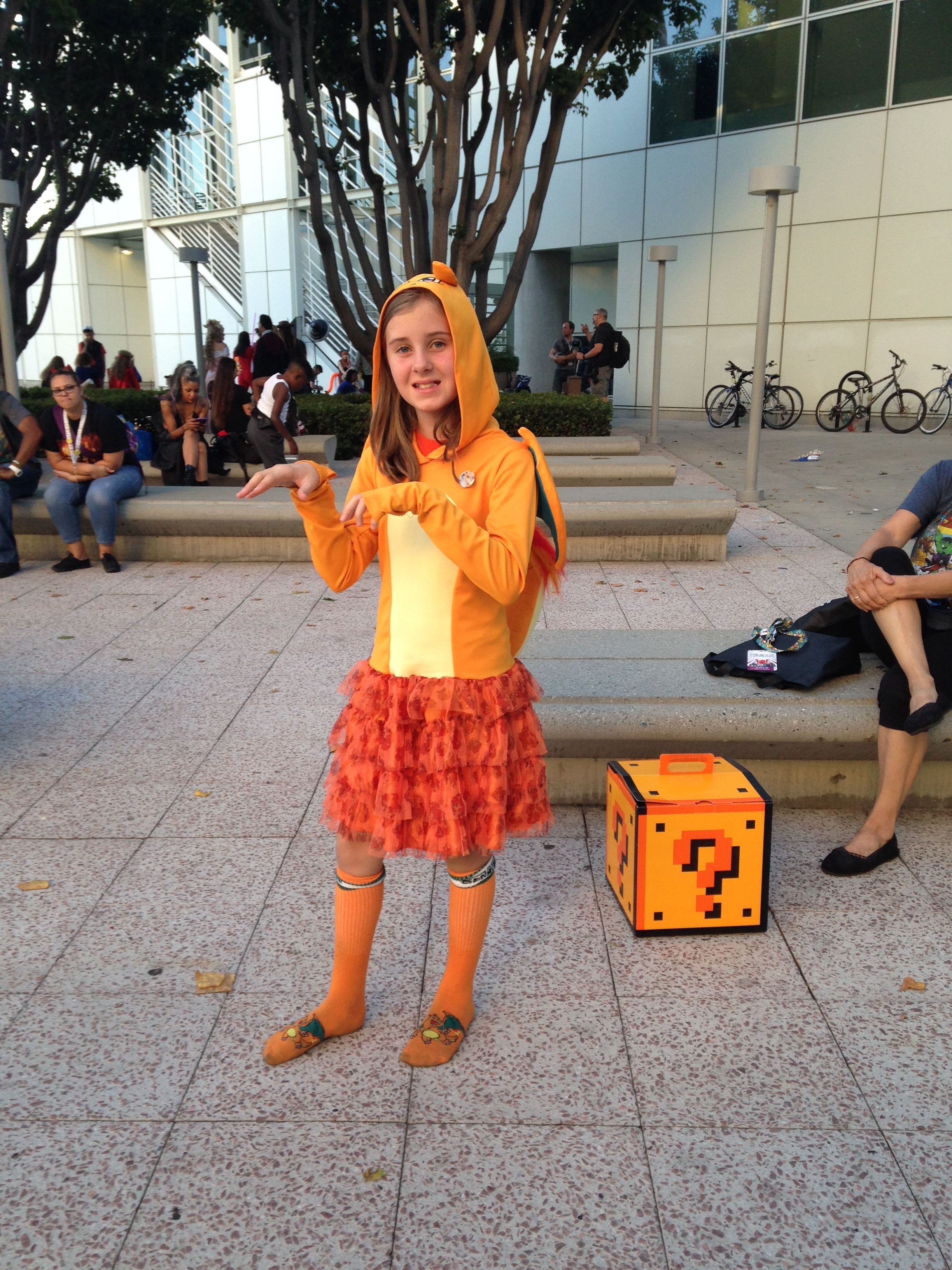Words can hurt us. Feeling misunderstood can hurt us.
Photo credit: seb kim
When the pain from the past creeps up, and we're met with the words, "You're still dealing with THAT?, it can feel like we're alone, and it can feel shameful. Our feelings and experiences are not being honored or validated at times because it seems like it is too much for others.
What are some reasons others would stop the sharing of painful things? Perhaps it is too much for others at the moment. It may bring up feelings of discomfort in others to see you in pain. It can be frustrations with not knowing what to do to make it better. Many times, people want to help, yet they are not prepared to do so. Instead of showing empathy, people can sometimes shut the emotions down because of this discomfort.
It could also be societal norms that dictate which things are "more appropriate" to talk about in public. Stigma is very real, and it affects how many of us are allowed to share our personal experiences with others.
So, what can you do to ensure you're able to process these feelings, and create a safe space?
Identify safe people.
Start with family or friends. Sometimes it will not be family, but people who have gone through similar things. Support groups, hotlines, or FaceBook groups might be a starting point.
Identify safe spaces.
Talking in loud, public places like the supermarket might not be the best places to share pains. Identify quiet, private places that you and the other person feel comfortable with having a conversation together. Think about confidentiality and if you want your information shared with people nearby.
Take a break to compose your words.
Take some deep breaths. Write your words down if it's easier to talk about how you are feeling, and what you need. Drinking tea, or a comforting beverage can help calm you down where you can write what's going on. It doesn't all have to be logical; the goal is to get the energy outside your body. Writing can help organize thoughts so when it is time to share, it can be easier to explain what you're going through, and what others can or can't do to help you during this process.
Develop boundaries.
It's okay to tell others how their behavior is treating you. Using "I-Messages", you can talk about how you're feeling when not given permission to share your experience.
"I felt disrespected/sad/(emotion) when [you said (x,y,z), you didn't listen...]
Offer opportunity for repair.
State what behavior you want, or how someone can show care. Lots of people do not know what to do to comfort someone in pain.
- "When I am sad, and need to talk, I want you to [x, y, z]. It would make me feel (loved, understood, important) if you did this.
NOTE: If you do not know what you want/need from a loved one when you are upset, it is unfair to ask of it from them. If this is the case, take time alone to figure out what helps you improve your mood, and what helps you sort through your thoughts and emotions.
Small amounts of time.
Sometimes new information is easier to swallow in tiny bits. People need time to process as much as you do. If a problem has affected you for a long time, that means you've had a long time to think about it. Offer others a little more time to understand what you're going through by talking about it briefly every now and then. (In the meantime, you can write about it, or make art about your experience.)
Maintain respect for others.
Sometimes the best you can do is offer others compassion when they cannot understand you. You can still interact with people who do not get you; just limit how much you share, knowing that they will not understand. There can be other things to talk about. If you do not feel safe with certain people, then it is at your discretion to interact or not interact with these people.
If you're unable to find safe people after several attempts, keep looking.
Online support groups might be an option. Talking with a therapist for a short while can also be an option. Journaling and reading books related to what you're going through is also an excellent option.
How do you make sure your feelings are being respected by others? Where do you go to talk about things that have affected you for a long time?


